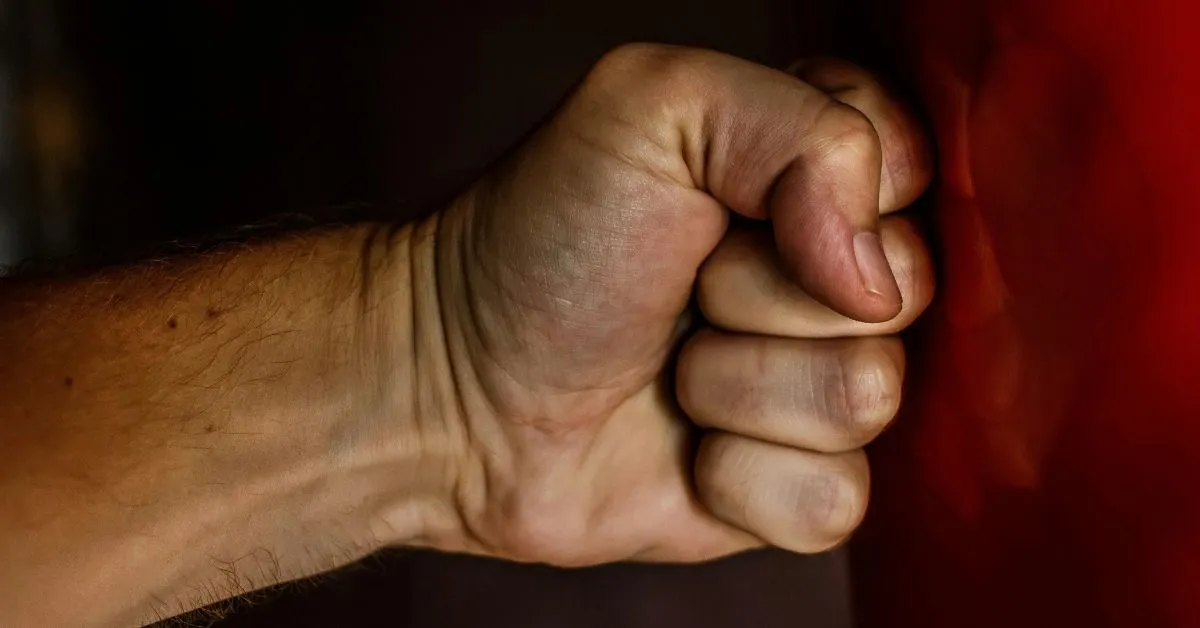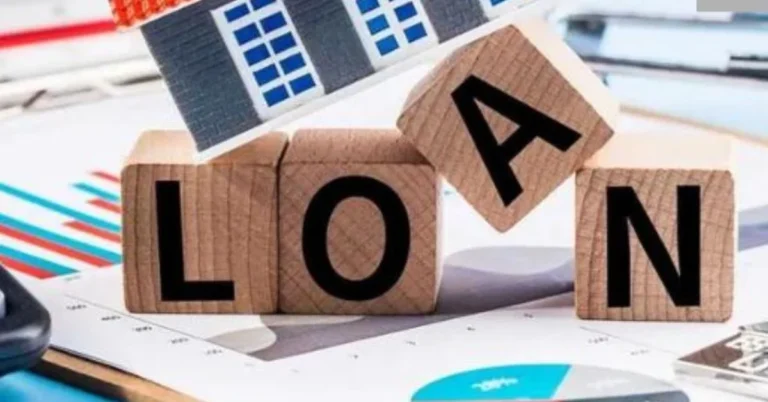Legal Options for LGBTQ+ Survivors of Domestic Violence
Understanding Domestic Violence in the LGBTQ+ Community
Domestic violence affects individuals of all backgrounds, including those who identify as LGBTQ+. Despite progress in LGBTQ+ rights, many survivors continue to face unique challenges when seeking help and support. Domestic violence in LGBTQ+ relationships can manifest in various forms, including physical, emotional, sexual, and financial abuse. Understanding the dynamics of domestic violence within the LGBTQ+ community is essential for providing effective support and advocating for survivors’ rights.
Barriers to Seeking Help
LGBTQ+ survivors of domestic violence often face additional barriers when seeking help and accessing support services. These barriers may include fear of discrimination or judgment from service providers, lack of culturally competent resources, and concerns about outing themselves or their abusive partners. Additionally, societal stigma and misconceptions about LGBTQ+ relationships may contribute to underreporting and reluctance to seek help. Overcoming these barriers requires a comprehensive approach that addresses the unique needs and challenges faced by LGBTQ+ survivors.
Legal Protections for LGBTQ+ Survivors
Despite the challenges, LGBTQ+ survivors of domestic violence have legal rights and protections available to them. These may include obtaining restraining orders or protective orders against their abusive partners, seeking emergency shelter and housing assistance, and pursuing legal remedies such as divorce, child custody, and financial support. LGBTQ+ survivors are entitled to the same legal protections as heterosexual survivors, and legal avenues exist to hold perpetrators of domestic violence accountable for their actions.
Obtaining Protective Orders
Protective orders, also known as restraining orders or orders of protection, are legal documents issued by the court to protect individuals from domestic violence. LGBTQ+ survivors can seek protective orders against their abusive partners, regardless of their sexual orientation or gender identity. Protective orders may prohibit the abuser from contacting or approaching the survivor, require them to move out of the shared residence, and provide other forms of protection as deemed necessary by the court. Obtaining a protective order can be a critical step in ensuring the safety and well-being of LGBTQ+ survivors and their children.
Navigating Child Custody and Visitation
Child custody and visitation can be complex issues for LGBTQ+ survivors of domestic violence, particularly when children are involved. Survivors may have concerns about the safety and well-being of their children in the care of an abusive partner, as well as fears of losing custody or visitation rights due to their sexual orientation or gender identity. However, courts prioritize the best interests of the child when making custody determinations and consider factors such as the history of domestic violence and the ability of each parent to provide a safe and nurturing environment.
Financial Support and Property Division
LGBTQ+ survivors of domestic violence may also seek financial support and assistance with property division in the aftermath of an abusive relationship. This may include obtaining spousal support or alimony to help cover living expenses, as well as seeking a fair and equitable division of marital assets and debts. Financial independence is crucial for LGBTQ+ survivors to rebuild their lives and move forward from the trauma of domestic violence. Legal options exist to ensure that survivors receive the support and resources they need to achieve financial stability and independence.
Seeking Legal Assistance
Navigating the legal system can be daunting, especially for LGBTQ+ survivors of domestic violence. However, legal assistance is available to help survivors understand their rights, explore their options, and pursue legal remedies. LGBTQ+ survivors may benefit from working with attorneys who specialize in family law and have experience advocating for the rights of LGBTQ+ individuals. For survivors in California, consulting with a Divorce Attorney California, such as those at Hartley Lamas Et Al., can provide compassionate and knowledgeable legal representation in seeking protection and justice.
LGBTQ+ survivors of domestic violence have legal rights and protections available to them, despite the unique challenges they may face. By understanding their legal options, seeking support from knowledgeable professionals, and advocating for their rights, LGBTQ+ survivors can break free from abusive relationships and build safe and fulfilling lives for themselves and their families.







